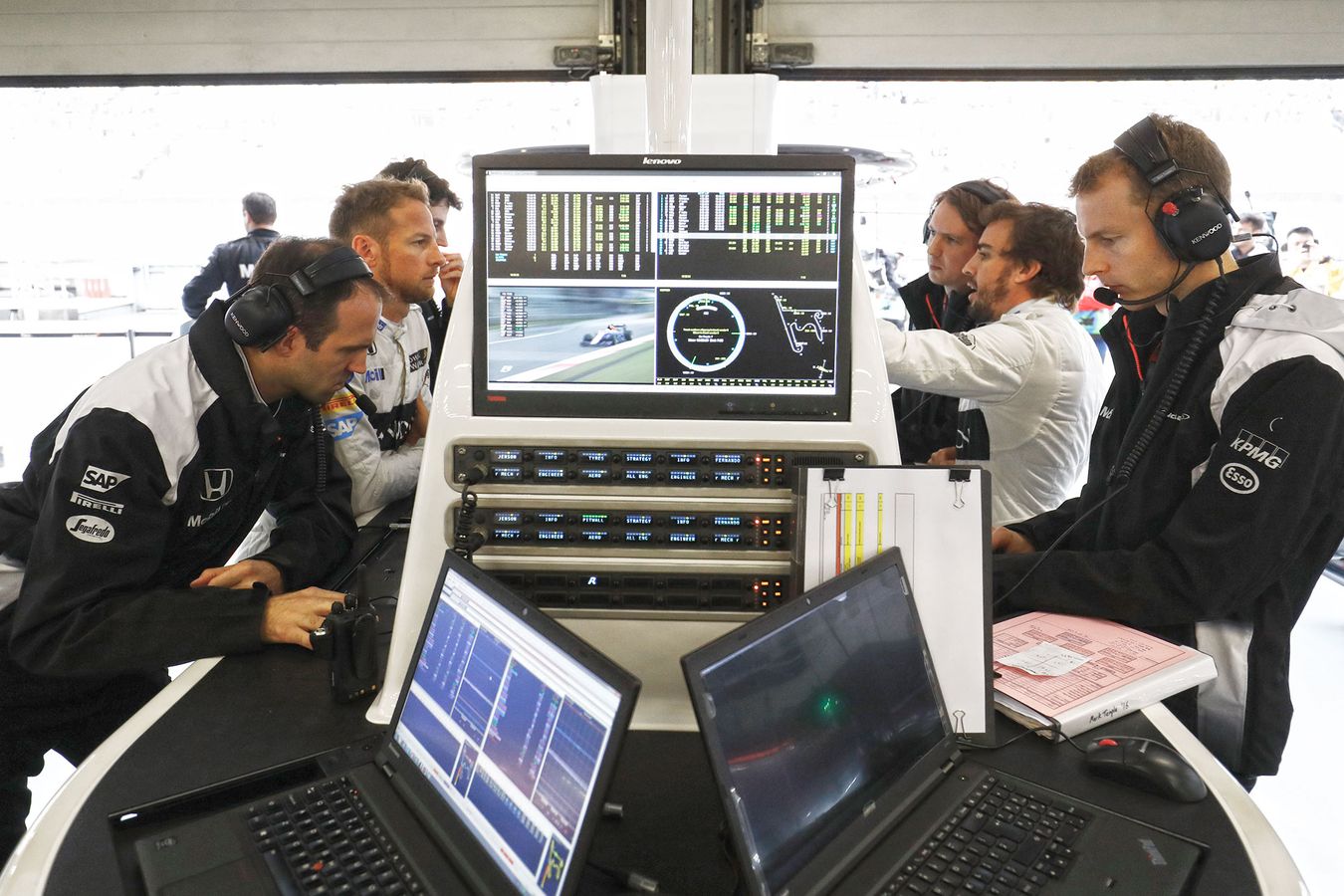
Using performance engineering techniques, a performance engineer creates and establishes computer applications and software. They assist in the enhancement of reliability and system performance and the analysis of the provision of remedies for repair and performance issues.
Knowledge and abilities required.
A performance engineer must have excellent programming abilities and be knowledgeable with Ruby, Python, Java, .NET and Perl, among other languages. However, experience in Java is essential for identifying possible obstacles. Database optimization also necessitates knowledge of web building methods.
Moreover, he must be able to script and be familiar with testing tools. There are several testing tools available, and selecting one is dependent on the demands of each company.
It is critical first to understand the company and then select a testing tool based on several criteria such as budget, timeframes, and goals.
It is crucial to have experience in apps for mobile devices, as is understanding the performance restrictions that come with them and how to overcome them. This is what distinguishes a competent performance engineer.
He should have a broad understanding of internal technologies like firewalls, database servers, load balancers, and so on, including external components like external ad analytics and networks. These are the things necessary for a performance engineer to have, especially when trying to solve problems with a complicated system.
Meticulously, a performance engineer needs to be skilled in communication and project management since he is responsible for communicating with numerous stakeholders and ensuring appropriate action is done based on their testing findings.
A Performance Engineer’s Responsibilities
A performance engineer has the responsibility to identify possible performance concerns from the start of the development cycle. They must give guidance and technical support throughout the development cycle to guarantee seamless system functioning after completing the performance engineering. However, Software engineering is described as assessing user needs and then creating, developing, and testing software applications to meet those standards.
Performance engineers are also in charge of creating powerful testing to ensure system stability and performance. They must define needs and objectives, grasp the responsibilities of capacity and reliability, and know-how to maintain and test data.
The tests must then be conducted, the findings analyzed, and relevant remedies provided to improve reliability, scalability and system performance. They are also frequently needed to collaborate with developers and engineers to resolve the issues.
A performance engineer also has the responsibility to determine the core cause of performance issues, recommend solutions, manage the system performance life cycle, and discover critical indicators for improvement. For evaluation, they must also produce performance reports regularly.









